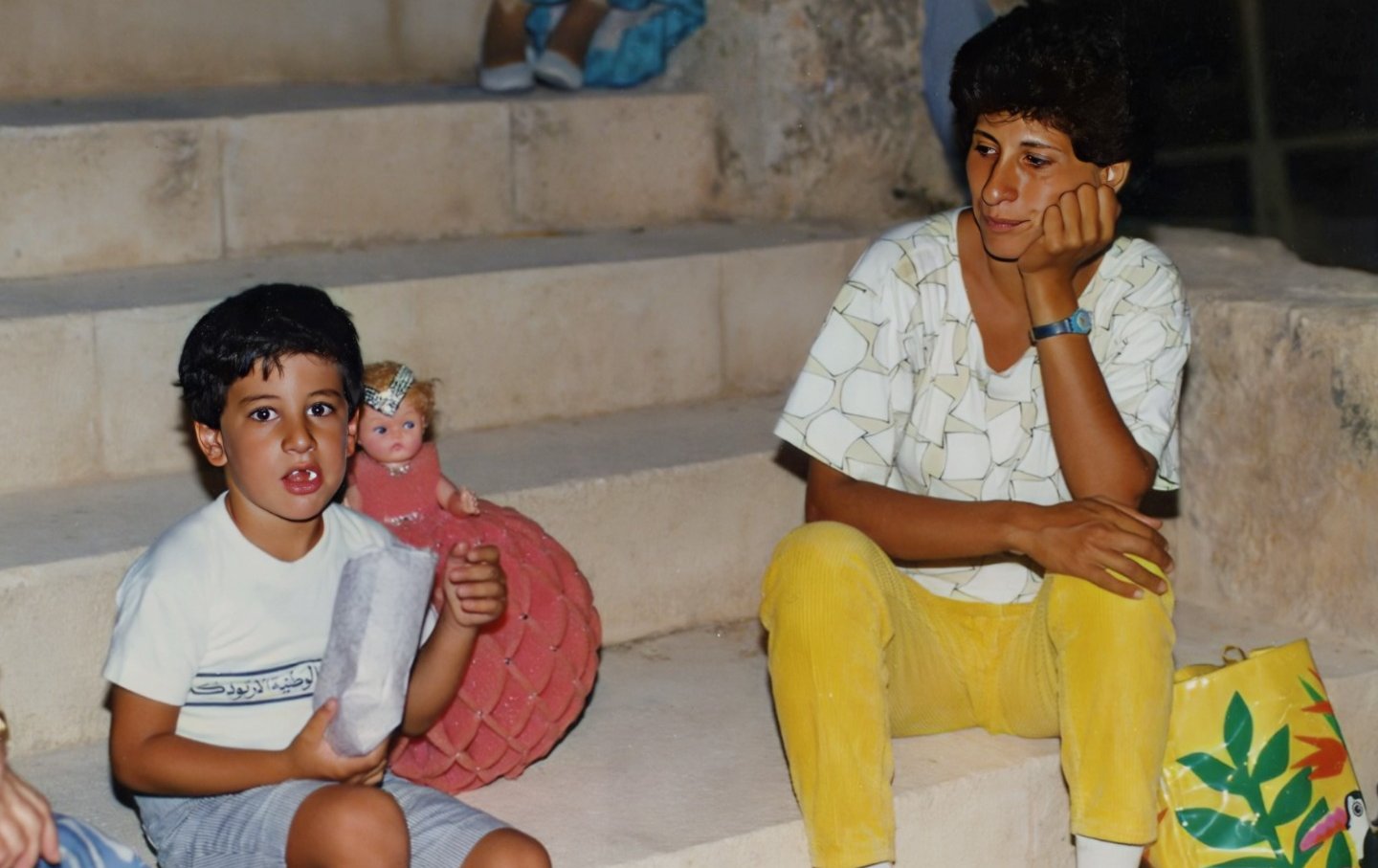
"I see her, then just a young woman named Eva, standing in her room, shaking, forced out of the stupor of the past few months. The spring afternoon was like every other that year. She had just come back home and was getting ready to help her mother in the kitchen. Her father, the local pastor, had left to go to church for the evening rituals. Everything ticked along as routinely as it always had, even as uncertainty clung to everyone."
"Tata's father had decided they would not flee, and that was supposed to be the end of that. Even as more windows in the houses around them shuttered and front gates latched shut. Even as neighbors disappeared into the depths of the night without farewells or promises of reunions. Even as her girlfriend across the road vanished, as if her family had never occupied the two-floor villa on the corner, the one that had already acquired the forlorn look of deserted buildings."
An urgent evacuation moment occurs in 1948 Amman as a family faces mounting danger. The narrator retrieves grandmother Tata's diaries from a weathered yellow box containing letters, cards, journals, and scented ephemera. The diaries are spare, noting mostly religious devotion and concise accounts of events, functioning as a clinical archive that clarifies family memories. A young Eva returns home shaken and prepares to help her mother while her pastor father attends evening rituals. Neighbors shutter houses and vanish overnight, and Tata's father insists on staying despite the two-floor villa across the road becoming forlorn and deserted.
Read at The Nation
Unable to calculate read time
Collection
[
|
...
]